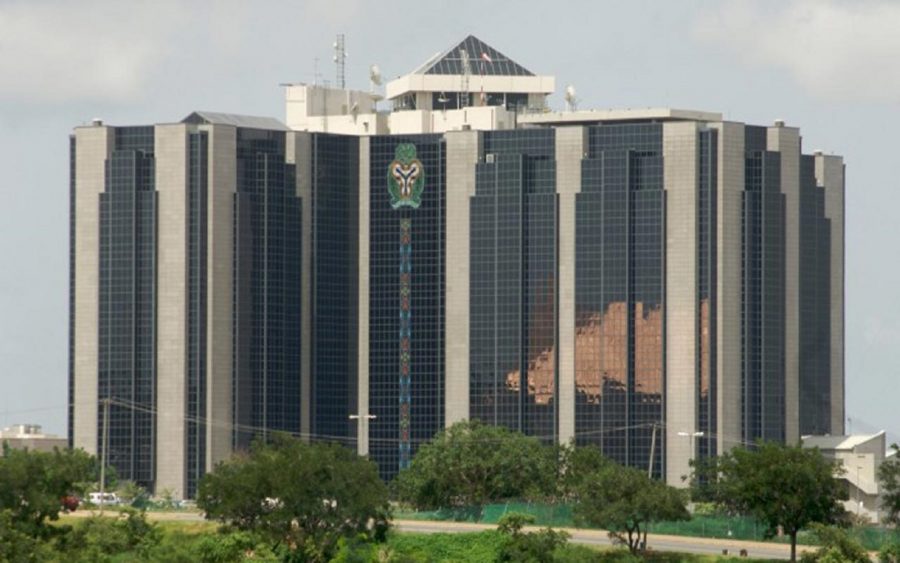The Central Bank of Nigeria (CBN), has revealed that Nigeria attracted total capital inflows worth $33.27 billion in the past seventeen months. A breakdown shows that the country’s Foreign Direct Investment (FDI) constitutes 33% (about $10.65 billion) of the total capital inflow for the period under review.
The revelation was made by the apex bank’s Director in charge of Corporate Communications Department, Isaac Okoroafor, who dismissed media reports suggesting that Nigeria suffered a 40% decline in Foreign Direct Investment in 2018.
“The attention of the Central Bank of Nigeria, CBN, has been drawn to the news item on Reuters quoting World Investment Report, 2019, recently released by United Nations Conference on Trade and Development (UNCTAD) on Foreign Direct Investment (FDI) to African countries. The report alleges a decrease of over 40% in FDI inflows to Nigeria in 2018.
“While the CBN is not privy to the methodology used in arriving at the figures, we wish to state that available records show a significant increase in FDI in Nigeria during the period 2018 contrary to the Reuters’ report.”
More Details: Mr Okorafor further explained that in 2018, the total capital inflows into Nigeria stood at $19.07 billion out of which the Foreign Direct Investment accounted for $7.78 billion. Meanwhile, between January and May 2019, the total cash inflows into Nigeria stood at $14.2 billion. Of this amount, the FDI accounted for 20.18% or $2.87 billion.
Mr. Okoroafor stressed that Nigeria has continued to enjoy steady capital inflows which is due to a stable macroeconomic environment and a sustained investor’s confidence in the nation’s economy.
[READ FURTHER: Get latest insights on Nigeria’s capital inflows here]
Nigeria’s FDI trend: According to data released by the Central Bank of Nigeria, Foreign Direct Investment into Nigeria has relatively fluctuated over the years. This is such that in 2014, the FDI stood at $2.27 billion before it declined to $1.44 billion, $1.04 billion and $0.98 billion in 2015, 2016 and 2017 respectively. 2018, however, witnessed a lifeline boost when the FDI rose to $7.78 billion
Foreign Direct Investment is critical for national development. This is because when certain sectors of the economy attract private investments and foreign expertise, such investments help to develop the country and create jobs.
